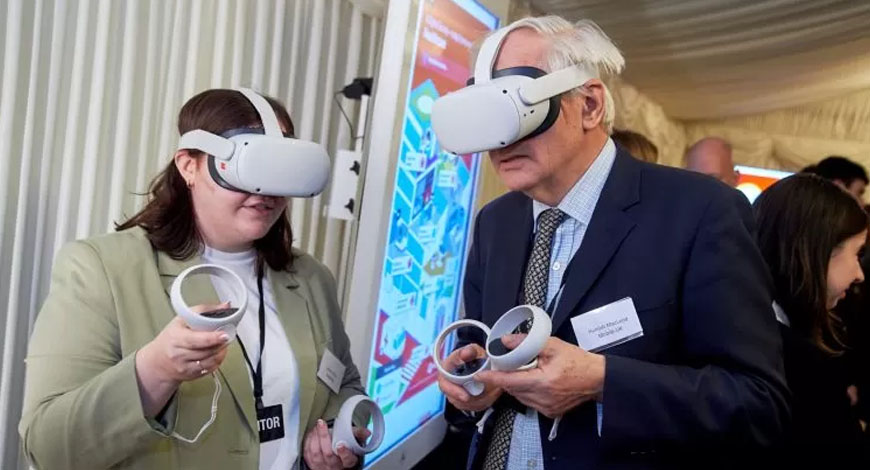5G
£7.4 billion boost to UK economy hinges on fast 5G rollout

In comparison to a sluggish deployment of 5G Standalone, the benefits of an accelerated rollout are particularly high in regions such as the South East, which could see an additional £790 million by 2030, or the East Midlands with an additional £310 million by 2030 – with these same regions also having the most to lose under a delayed rollout.
Regions such as the South West and the North West are also set to realise an additional £425 million and £235 million respectively in terms of economic benefit by 2030 as a result of 5G Standalone. Indeed, every region surveyed experienced significant economic returns when modelled as a good investment environment, whilst all are set to lose when benchmarked against a poor investment environment.
Previous research by Vodafone UK found that if rural communities had the same 5G coverage as urban areas, 838,000 more people would have some access to 5G, where none currently exists. The efficient rollout of 5G networks can therefore be a key contributor to Levelling Up and removing the rural digital divide.
However, the report goes on to argue that these applications will not materialise without a more consolidated mobile market. Vodafone’s proposed merger with Three UK would increase capacity by 75% by 2028, enabling the new combined entity to commit to investing over £11bn in the UK’s 5G network by 2034, delivering £5bn per year in economic benefit by 2030.
The research underlines the importance of the combined Vodafone/Three UK network which will reach more than 99% population coverage with a 5G Standalone network by 2034, and over 95% population coverage by 2030, in full support of the Government’s Wireless Infrastructure Strategy ambitions for nationwide coverage of 5G Standalone in all populated areas by 2030.
5G Standalone infrastructure has the potential to transform the way people access public services, cut rail journey times and help reduce carbon emissions. Key findings in the report demonstrate how 5G could deliver tangible benefits to people right across the country, including:
- Higher quality remote 5G-enabled check-ups and patient monitoring will reduce the need for GP and hospital visits, resulting in £1 billion of NHS savings per year – savings which could cover the equivalent of 15,400 new full-time nursing posts.
- Installing 5G-enabled sensors, which detect problems on railways and trains, would reduce delays and cancellations, saving passengers more than 25 million hours over five years. That time saved for passengers is worth £326 million in productivity and wellbeing benefits.
- This aligns with recent industry findings which note that the virtual coupling of trains enabled by 5G could provide a 43% reduction in train separation distances, allowing for a marked increase in the number of services offered, without other upgrades to legacy infrastructure having to be considered.
- 5G-powered smart city lights, which detect movement to turn on or dim street lighting, could save local councils £700 million over the next five years. They could also reduce emissions by one million tonnes of CO2 – the equivalent of replacing 250,000 petrol or diesel cars with electric.
CT Bureau















You must be logged in to post a comment Login